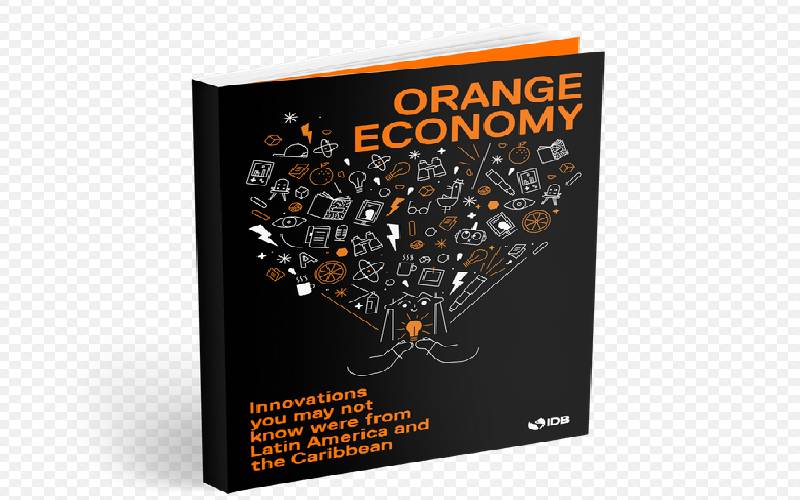×
The Standard e-Paper
Home To Bold Columnists
 I am sure when most of you read “orange economy", you think it's about ODM’s economic or political ideology. You are wrong.
I am sure when most of you read “orange economy", you think it's about ODM’s economic or political ideology. You are wrong.
If it will make you feel better, I too hadn’t heard about it until my niece went to Colombia to attend an orange economy meeting.